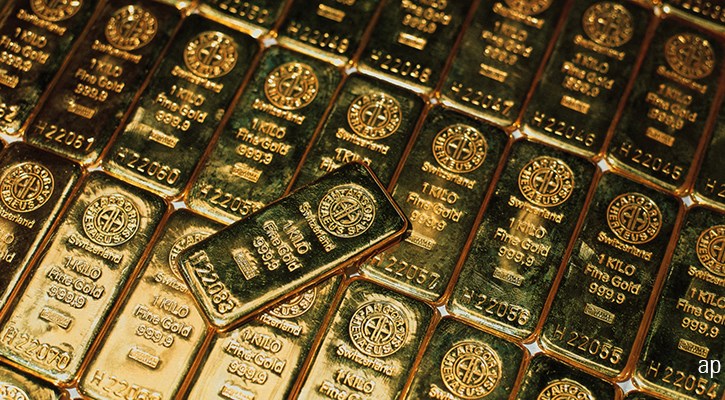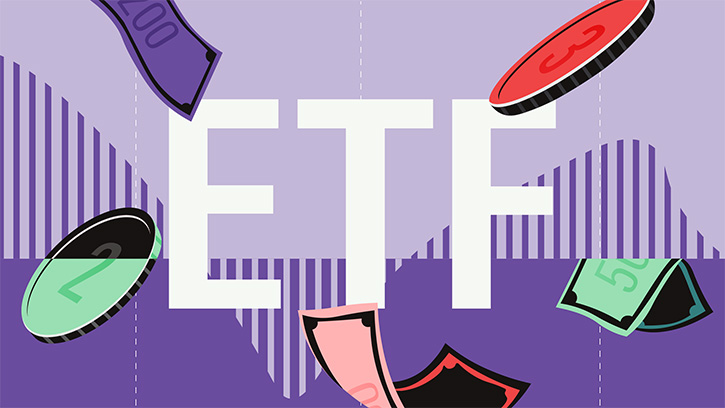On July 11, Spain capped off the 2010 FIFA World Cup by lifting the trophy for the first time in the nation's history. There are undoubtedly people still partying in the streets of Madrid celebrating the historic victory. While eventually the overt displays of joy will die down, is there any chance that the ongoing euphoric mood could lift the nation's spirits enough to have a quantifiable economic effect? And if so, should investors be buying into the Spanish equity markets to take part in a potential boost to stocks?
Historically, there have been economic benefits and stock market surges for nations that won the World Cup, but the effect has been slight. An analysis by ABN Amro (coincidentally, a bank from the Netherlands, the nation that lost to Spain in the final) concluded that a country generally enjoys several tenths of a percentage point of additional economic growth after winning the tournament. Some of that effect may have already come into play, as consumers in the nations that go far in the tournament spend money on items such as TVs and memorabilia to enjoy their countries' success. For instance, Wal-Mart expects its same-store sales to go up by an additional 2%-4% in countries that make the finals of the tournament.
Since the turn of the century, the Spanish equity markets have turned in a decent performance in light of the poor returns generated by many other developed markets. Part of the relative outperformance was due to the market escaping the worst of the dot com bubble, followed by a near-decade-long growth spurt in Spain led by real estate and construction. However, year-to-date returns have been abysmal as fears over the sovereign debt situation in Greece spread around the Mediterranean, and the Spanish government's response to those concerns have hurt economic growth and investor confidence.
Choosing an Index
There are two Spanish equity market indices tracked by existing ETFs, the MSCI Spain index and the IBEX 35. The MSCI Spain index is part of MSCI's comprehensive series of equity indices, while the IBEX 35 is the traditional benchmark index run by the Bolsa de Madrid, Spain's principal stock exchange. Both are free-float adjusted market-capitalisation weighted indices. The MSCI index includes rules establishing a minimum level of liquidity, while the IBEX constitutes the 35 most liquid stocks trading on the Bolsa de Madrid. With 28 companies included, the MSCI Spain index is slightly smaller as measured by number of constituents than the IBEX 35, but the overlap between the two is very high. This is most apparent when examining the correlation between the IBEX 35 and the MSCI Spain, which has been near-perfect for more than a decade.

The potential drawback to this investment thesis lies in the high levels of concentration in both indices. Banco Santander and Telefonica represent more than 20% of the index's total market capitalisation in the case of both the MSCI Spain and the IBEX 35. In fact, in the case of the MSCI Spain, the two stocks combine to make up more than half the index! Because of this concentration, there is the risk that an ETF investment could do poorly despite a strong return from the overall Spanish market if either of the two companies lags the broader market. Additionally, the concentration in the financial services sector provides a large level of exposure to economies outside of Spain. For example, of the two largest financial services companies in Spain, less than half of profits are earned domestically (about 25% for Banco Santander and about 50% for BBVA).

Morningstar's equity research team covers 61% of the IBEX 35 by market capitalisation, and 71% of the MSCI Spain index. Based on this research, both indices appear to be undervalued, trading at a price-to-fair value ratio of 0.75. This discount provides a greater rationale for investing in the Spanish equity markets through an ETF than any minor effect available from the World Cup victory.
Many investors may prefer the greater diversification that the IBEX offers, as well as the greater number of ETFs that follow the index. Still others may be drawn to the lower total expense ratio (TER) on Amundi MSCI Spain ETF.
Choosing an ETF
Assuming you choose to invest in an ETF tracking the IBEX 35, there are two options available; the Acción IBEX 35 ETF and the Lyxor IBEX 35 ETF. Of the two, the Acción ETF has more assets under management and greater on-exchange trading volume, however the Lyxor ETF charges a lower TER of 0.30% annually as opposed to 0.39%. Both ETFs trade on the Madrid exchange, and distribute dividends from the underlying companies to their investors rather than reinvesting the dividends. These funds differ in replication methods, with Acción using physical replication, while Lyxor uses swap-based replication to track the index. For investors who prefer to trade on the NYSE EuroNext exchange in Paris, there is the Amundi MSCI Spain ETF with a 0.25% annual TER.

The Outlook for Spain's Economy
Despite the optimism currently reigning in Spain, investors shouldn't overlook the country's economic difficulties, which dominated the headlines until the team's victory. Winning the World Cup may provide a morale boost, but it won't balance the government's budget or lower the unemployment rate on its own. The austerity measures that Spain is embarking upon may eventually help the nation's economy, but for the next few years they will put a damper on GDP growth.
Interestingly, the effect on nations that lose the World Cup final is just as strong as for the winners, except in the opposite direction. ABN Amro's study also found that the economy of the nation that lost suffered from lower growth, and another study by Dartmouth's Tuck School of Business shows that in countries with passionate football followings, such as in Europe and South America, a loss by the national team in the World Cup leads to a 0.39% decline in the local stock market, on average, with the effect being even greater if the loss leads to the team's elimination from the tournament. The more daring (dare we say speculative) investors among you may consider a paired trade, long Spain and short the Netherlands but, as the research shows only a minor World Cup effect on stock markets, this is a trade best left to the most adventurous (and perhaps silliest) of investors.























